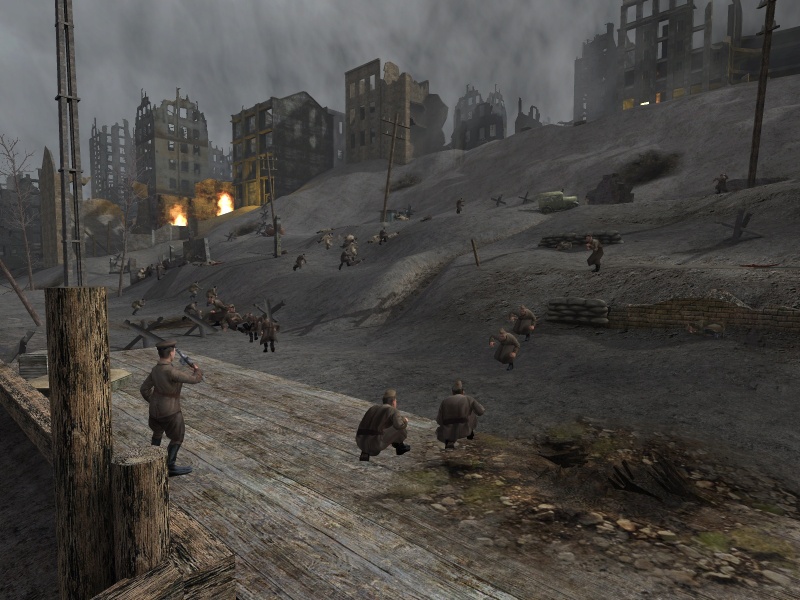

In the real-life locations these levels are based on, the morality of western military action varies greatly, from the possibly just assassination of Osama Bin Laden to the atrocity of the My Lai massacre.īut in attempting to maintain the constant aura of the main character being on the right side of history, the game’s designers often take drastic creative liberties that wind up leaving the audience with a heavily skewed version of historical reality. When CoD started entering Iraqi cities and Vietnamese rice paddies, the character’s presence and belligerency was no longer justifiable at face value. But in the Forever Wars, the “good guy” narrative isn’t so clear. For WWII-centered games, the moral justification for killing virtual Nazis with sub-machine guns and hand grenades does not need to be invented. It’s not hard to see why the historical alterations in CoD began once it left WWII for modern warscapes. And while game makers don’t want to believe it, their myths have real consequences. From parroting the lies of the Iraq War to justifying inexcusable Cold War crimes, CoD goes out of its way to perpetuate the myth of the United States as a “good empire” to its impressionable audience. Since creating newer games set in the Cold War and the Forever Wars, CoD has purposefully obscured the impacts of U.S. To supply this demand, CoD left Normandy and Iwo Jima for more modern battlefields where players could wield state-of-the-art weaponry against digital versions of the same enemies they saw on the news. military intervention.īut as jingoistic images of the wars in Iraq and Afghanistan flooded the media in the early 2000s, players tired of the same Pacific beaches and French countrysides.

These settings and storylines were familiar and gave players a clear objective: be the hero. In its early days, Call of Duty -or CoD as it’s known-was set in World War II, where players battled Nazi stormtroopers and Japanese imperialists.

With the recent release of Call of Duty: Black Ops Cold War, the first-person shooter video game franchise continues its frightening trend of misrepresenting the realities of U.S.


 0 kommentar(er)
0 kommentar(er)
